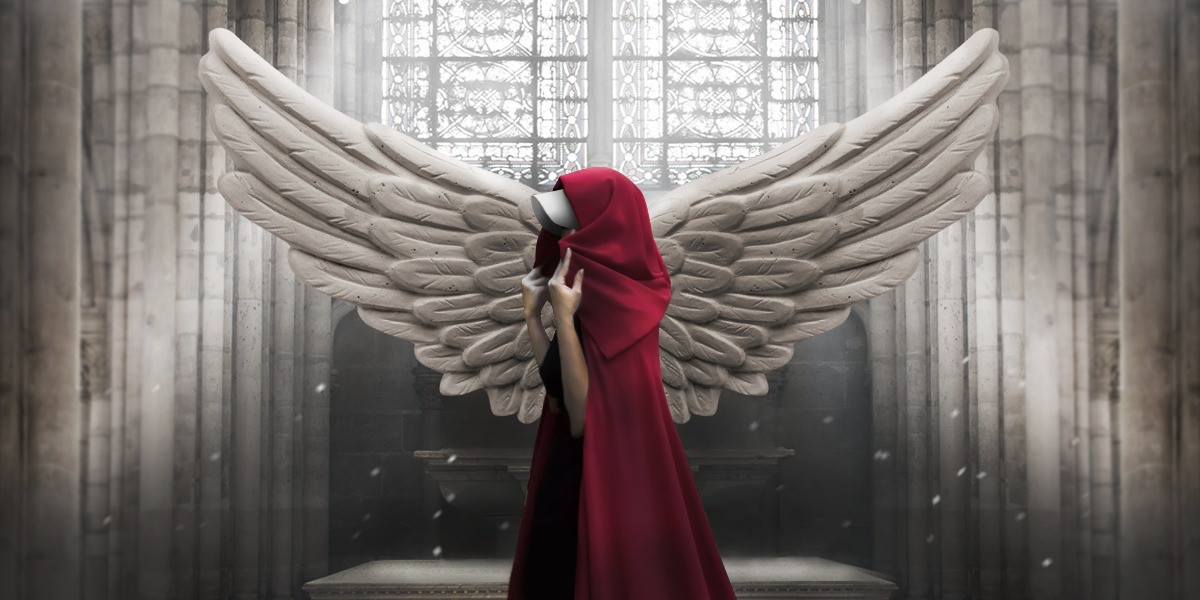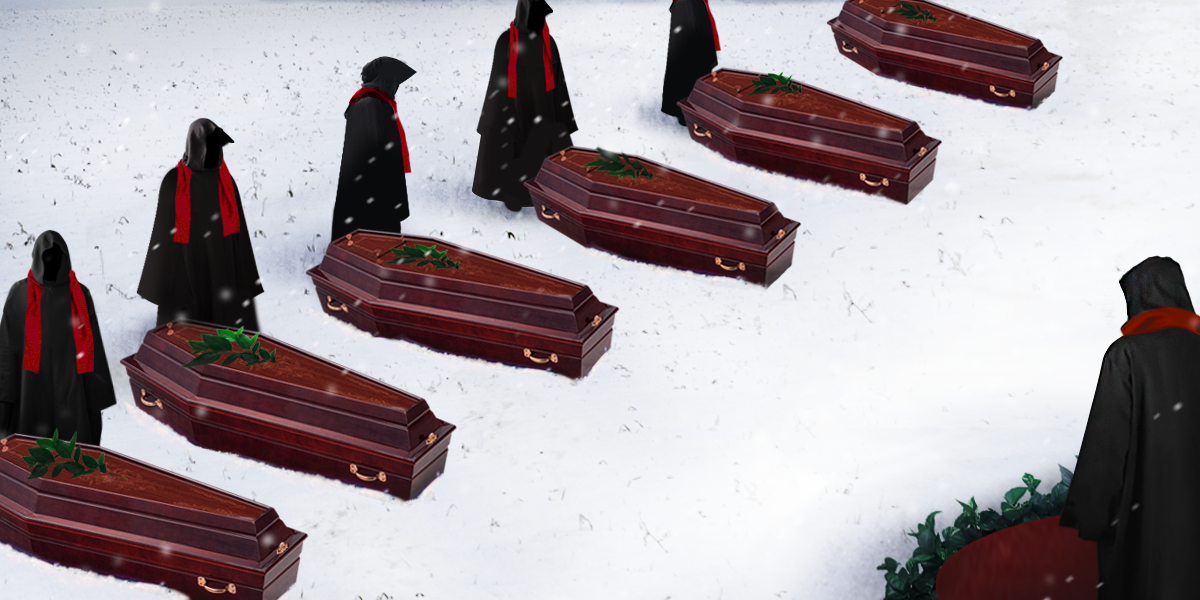Projector
Monitor
Lighting
Digital Display
Job References

When Margaret Atwood wrote The Handmaid’s Tale in the early to mid-1980s, color played an important role in the world building process she employed. The story revolves around a future United States overthrown by a totalitarian theocracy called the Republic of Gilead. In Gilead, extremist Christian values form the basis of society, and are brutally enforced. Gilead offers no freedom and treats women as low class citizens, only useful for having children. Women aren’t even allowed to read and write, and so color coding plays a major role in the life of the oppressed within Gilead.
Atwood describes color in great detail in her novel, so when Hulu and MGM took it upon themselves to create a TV show based on The Handmaid’s Tale, showrunner Bruce Miller worked closely with Atwood to capture her original vision. Photography for the production enjoys the direction of Colin Watkinson. The result is a TV show best viewed on a color accurate, wide gamut screen and running off Blu-ray. That’s because color and light are so pivotal here, the compressed nature of streamed content does diminish the effect a little. Likewise, a non-HDR display with basic RGB will be fine but won’t capture the “wow” factor of the show. Try to view it on a 4K projector like BenQ W2700 or TK850 with HDR and wide color space support for the best impression possible.
We mostly recommend season 1 and season 3 for sheer visual spectacle, as season 2 was somewhat more subdued and had less diverse imagery. In any case, when you begin watching The Handmaid’s Tale, the first thing that’ll hit you is the clear delineation between the different classes of Gilead society.
Handmaids wear deep red with white “wings” covering their heads. Our main character (played by Elisabeth Moss) is the titular handmaid, known initially as Offred, a designation bestowed by Gilead authorities. In the show her real name is June, though in the novel the character went nameless. The almost shocking red outfits of the subservient handmaids stand in stark contrast to the calm blue of the wives, women who belong to Gilead’s ruling elite. Serena Joy is the wife of June’s household, played by Yvonne Strahovski.
In addition to the red of handmaids and wife blue, we have homemaker Marthas in drab khaki or grey and the Aunts. The latter act as harsh educators and overseers for handmaids, and wear various dark, almost military outfits that set them apart.
We also have the Angels, a paramilitary security force in charge of carrying out Gilead’s dictatorial agenda in daily life. Contrary to their name, they appear in the show wearing all black clothing and toting assault rifles.
The use of color to show audiences just how blunt and cruel Gilead is about reducing people to walking signage has to be the show’s most appealing visual trademark.
The original novel had flashbacks to the main character’s life before Gilead, when the country was still the US we know. The show includes and expands on these flashbacks, contrasting them with the bleak reality of Gilead by using warmer colors for events taking place in the still-liberal past. Show creators intended to let viewers know just how much has changed in this reality in a mere few years.
Going back and forth from an almost crazed Offred to lively, relaxed, and casual pre-Gilead June creates a very strong impression as the color temperature difference is so obvious. We understand that an entire civilization has collapsed, replaced by something cold, inhuman, and fake. While the past had its flaws and chaos, it was also alive.
By a similar token, another parallel world exists in present day Gilead as told to us by Offred/June. The elite commanders, men in control of Gilead, have the privilege of indulging in completely non-religious conduct in underground brothels. Within those secret clubs, the strict religious code of Gilead doesn’t apply. The show depicts these places in a saturated, woodsy color palette that evokes strong liquor, sex, and carefree debauchery. However, we know that like everything else in Gilead, this supposedly liberated environment is merely a sham, a make believe respite.
While Offred acts as just another child bearing machine for Gilead, one of the few perks of the job is a private room in her commander’s household. There we get frequent glimpses into the show’s mastery of light and shadow, as the generally sparse and darkened room lets in shafts of illumination. Typically reserved for scenes of introspection as Offred tries to cope with the horrifying reality of Gilead, the room is dominated by a bright window juxtaposed by a gloomy interior.
In season 3, which diverges considerably from events of the novel, we finally get to see more of the world of Gilead. The show then incorporates large scale sets and scenes with iconic imagery like the Washington Monument in DC having been replaced with a colossal Gileadean cross. Again, Colin Watkinson serves up a treat for cinematography lovers by combining the established color themes of the show with awesome (and awful) highlights on a massive scale.
By season 3, The Handmaid’s Tale also firmly established its use of snow as a visual motif. While Gilead does have seasons like our reality, it seems freezing and snowy most of the time. Obviously, the snow serves to indicate the cold and soulless nature of Gilead. But it also looks stunning on screen when viewed on a fine display, and greatly accentuates the prime colors worn by characters.

At the time of this writing, The Handmaid’s Tale looks forward to delivering a fourth season. We’re sure visuals will continue to be one of the main creative aspects of the award-winning production. Until then, if you still haven’t tuned in to The Handmaid’s Tale, please try to make the time for it. Not only will you enjoy a compelling story with important messages for the world we actually live in, but you’ll also behold some of the most well-crafted visuals in television history.